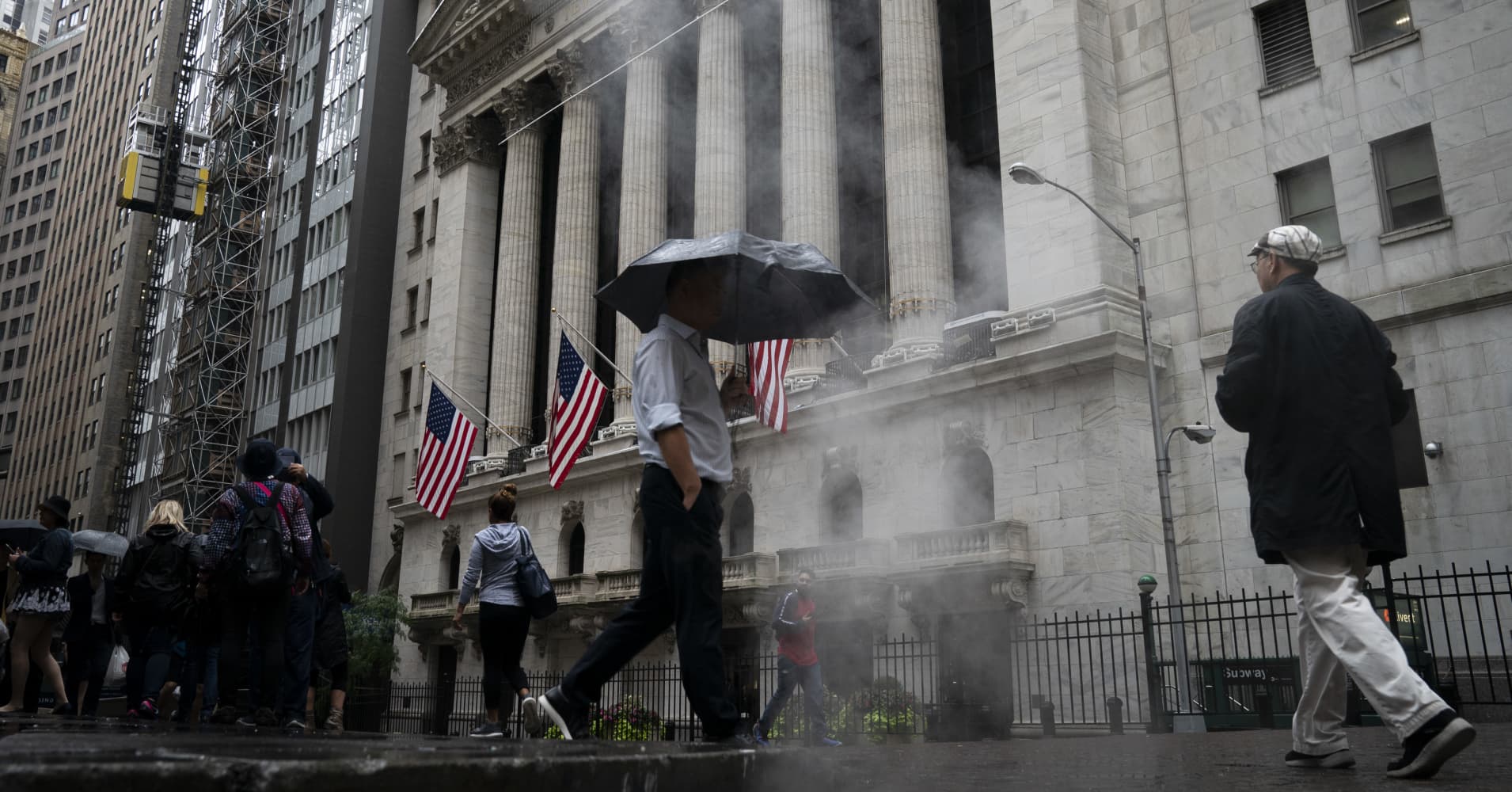U.S. stocks are in a “bear market” not a correction, CNBC’s Jim Cramer argued on Monday.
Cramer said on “Squawk Box” he’s not using the traditional measures of a bear market and a correction to make his case. “Who cares about the S&P? It’s individual stocks that are down 40 or 50 percent.”
A bear market is generally defined as an asset or index decline of 20 percent or more from recent highs. The threshold for a correction is measured as a drop of 10 percent or more from recent highs.
“I have tremendous contempt for this market, because every time you try to make money with it, it cuts your heart out. That’s a bear market. People don’t want to call it a bear market. But what do they need?” Cramer asked, rhetorically.
After tanking nearly 3.8 percent last week, the S&P 500 recovered nearly a third of that decline shortly after Monday’s open on Wall Street, lifting the index out of correction territory. The Dow Jones Industrial Average bounced more than 300 points, or nearly 1.5 percent, distancing blue-chips further away from a correction. The Nasdaq, despite similar gains, remained in a correction by a few percent.
“People come in at 250 [points higher] and get their heads cut off. I just feel ashamed,” said Cramer. “It’s very hard to be very positive about the market unless you’re an idiot. Let it go up for three or four days and then sell some.”
Cramer reiterated that he’s been bearish on stocks since Federal Reserve Chairman Jerome Powell said early last month that interest rates were a long way from neutral. Powell’s remarks touched off a market rout on concerns that central bankers will increase rates aggressively next year. Cramer has been calling on Powell to pause rate hikes, arguing the economy is weakening and inflation is not a problem.
In fact, Cramer warned last week that investors should sell their stocks if they think the Fed, as expected, will raise rates in December. The Fed already increased rates three times this year. After its most recent hike, in September, the Fed projected three rate increases in 2019.
